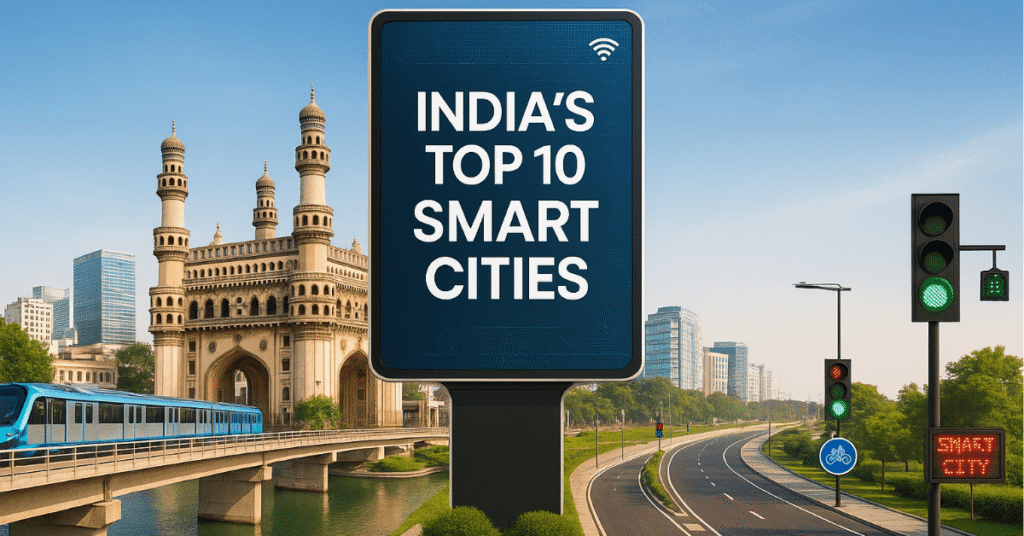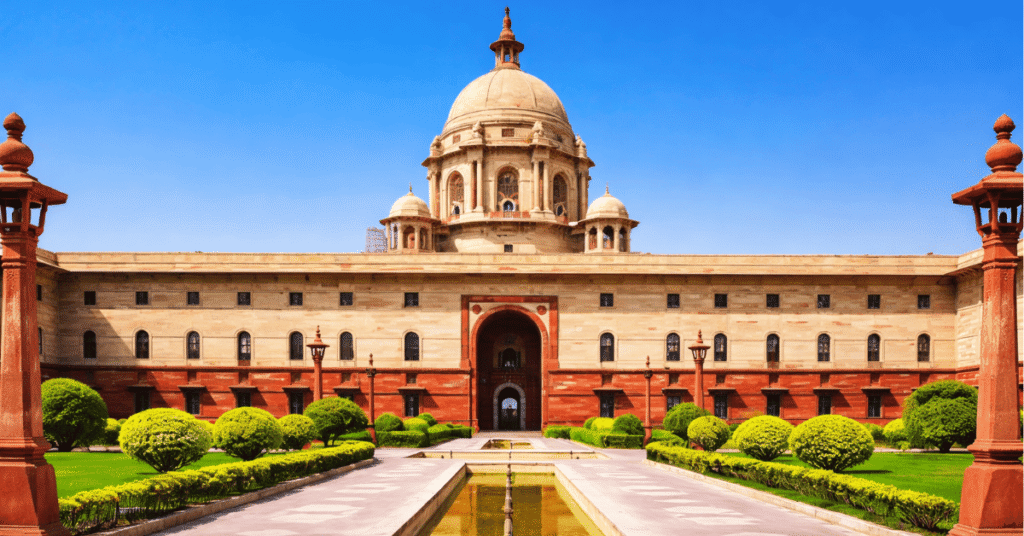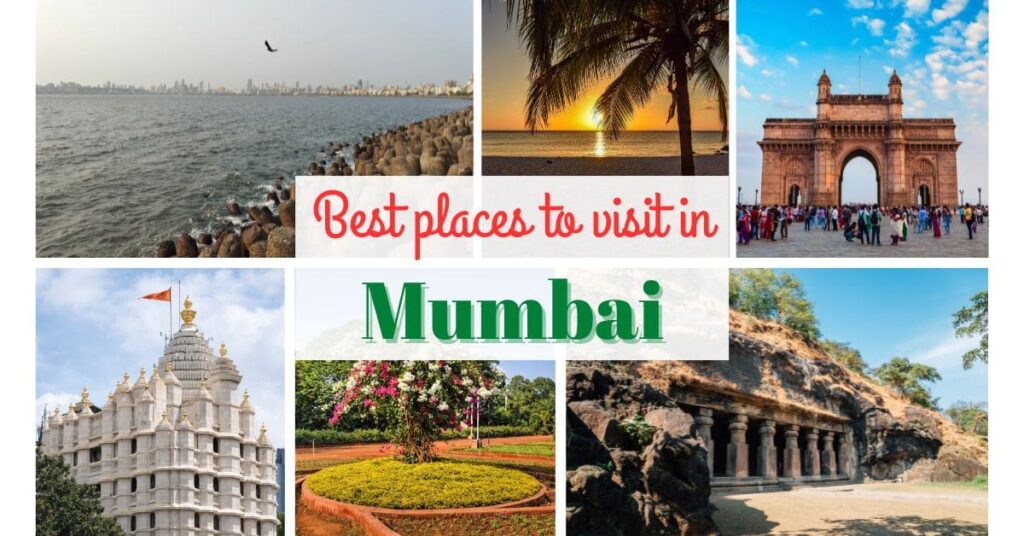As we look ahead to 2025, there are 100 smart cities being developed under the “Smart Cities Mission”. Among them, we will discuss 10 cities that are currently progressing at a rapid pace. These cities are integrating modern technology, digital governance, smart traffic systems, waste management, and citizen-centric services.
For instance, Surat and Indore have made strong commitments to cleanliness and recycling through smart initiatives, while Ahmedabad is utilizing smart traffic systems and smart policing software. In Hyderabad and Coimbatore, AI surveillance, IoT-based facilities, and real-time monitoring systems are in place. Due to the implementation of these advanced services, the lifestyle of citizens in these cities is becoming more convenient and efficient.
Presenting the top 10 smart cities of India – where innovation meets everyday life!
1. Bhubaneswar, Odisha
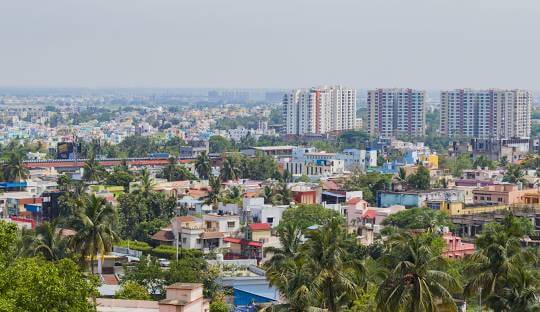
Bhubaneswar was selected among the first 20 cities under India’s Smart Cities Mission in January 2016 and ranked first in the initial phase. At the core of its smart city strategy lies the Intelligent City Operations & Management Centre (ICOMC), which oversees multiple smart initiatives.
Bhubaneswar is recognized for urban mobility, citizen-centric initiatives, communication systems, safety and surveillance. Innovative projects include solar-powered adaptive traffic signals installed at over 50 intersections and the “Mo Cycle” public bike-sharing scheme to enhance last-mile connectivity and promote non-motorized transport. The city also features smart parks, sensory parks, smart GIS mapping (BhubaneswarOne), city-wide Wi-Fi hotspots, and several social development initiatives—earning it a firm place among India’s top smart cities.
2. Lucknow, Uttar Pradesh

Lucknow is rapidly emerging as one of India’s fastest-growing smart cities. Technology plays a vital role in its development. Through the Integrated Command and Control Centre (ICCC), the city ensures real-time monitoring of traffic, water supply, and public safety.
Advanced features like facial recognition-based security, smart policing, and public Wi-Fi are now operational. Citizens can access government services conveniently through e-governance portals and mobile apps. This blend of technology and digital infrastructure has transformed Lucknow into a secure, futuristic smart city.
3. Indore, Madhya Pradesh
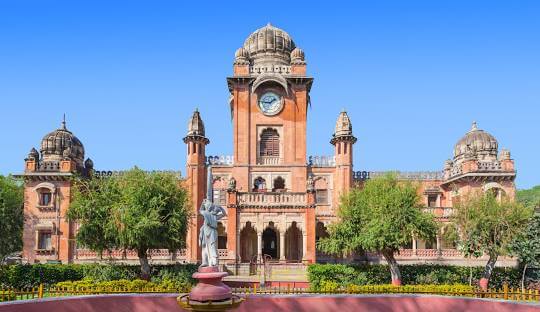
Indore, once best known as India’s cleanest city, is now also making waves as a model smart city. It has implemented GPS-enabled vehicles for real-time waste management, smart dustbins, and a robust CCTV surveillance network.
With services like e-governance, smart traffic systems, public Wi-Fi zones, and smart classrooms, Indore is improving the quality of life for its citizens. Today, it leads not only in cleanliness but also in tech-driven urban governance.
4. Surat, Gujarat
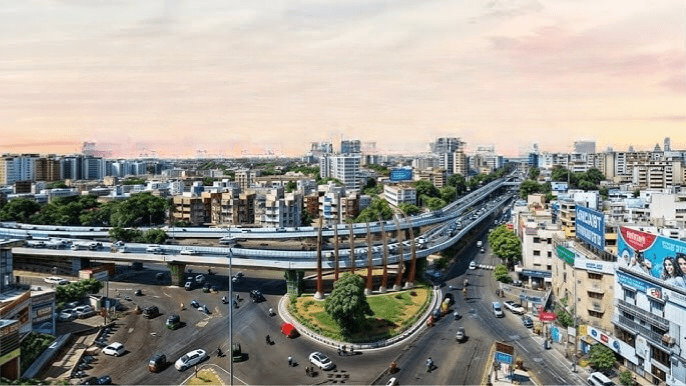
Surat, historically known as an industrial hub, is now transforming into a tech-forward smart city. It has introduced ICT-enabled public transport, a waste-to-energy plant, smart street lighting, and a centralized payment system.
The city’s ICCC integrates various departments for efficient urban management. Recent tech-based initiatives in public spaces and affordable housing further position Surat as a modern and responsible smart city.
While Surat is rising as a smart city, it’s also a haven for foodies! Don’t miss our blog on the Best Street Foods in Surat to explore the tastiest local bites.
5. Pune, Maharashtra

Pune, widely known as a hub of education and technology, is implementing smart projects such as e-buses, public bike-sharing, intelligent traffic systems, and green buildings.
Through e-governance platforms and mobile apps, citizens can directly access government services. Pune’s smart mission is propelling the city toward a cleaner, more connected future.
6. Coimbatore, Tamil Nadu
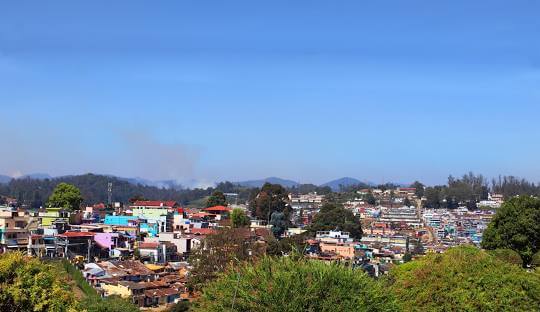
Coimbatore is no longer just an industrial city—it is now evolving into a model for sustainable smart development. The city has successfully implemented smart surveillance, sensor-based traffic controls, rainwater harvesting systems, and LED street lighting.
Coimbatore’s thoughtful use of technology is enhancing urban safety, environmental conservation, and traffic management, making it an ideal example of a tech-integrated smart city.
7. Ahmedabad, Gujarat
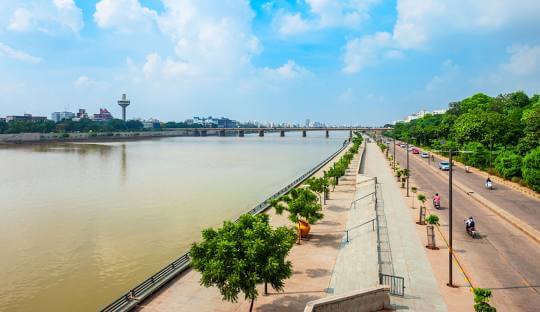
Ahmedabad, known as the economic heart of Gujarat, is embracing smart initiatives like IoT-based traffic management, e-governance portals, smart policing, public Wi-Fi, and the Sabarmati Riverfront Development.
By preserving heritage while integrating technology, Ahmedabad has become a leading smart city—offering its citizens a more convenient, secure, and modern lifestyle.
8. Kochi, Kerala

Kochi combines technology with sustainability through projects like smart waste management, canal cleaning, public Wi-Fi, and green transport options like the Kochi Metro.
The SmartCity Kochi IT Park (LEED Platinum certified) highlights the city’s digital progress. Kochi’s Integrated Command Center oversees traffic, security, and water management, making it both eco-friendly and technologically advanced.
9. Hyderabad, Telangana
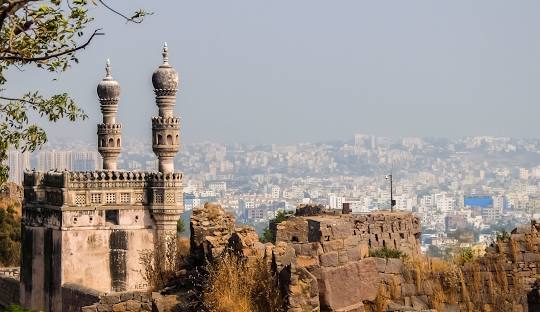
Hyderabad stands out in India for integrating technology into urban life. The city features AI-driven surveillance, smart transport tracking, IoT-powered water and waste systems, and a central Command Control Centre.
Also known as Cyberabad, Hyderabad has fostered an ecosystem for startups and e-governance, securing its reputation as a top tech-smart city.
10. Jaipur, Rajasthan
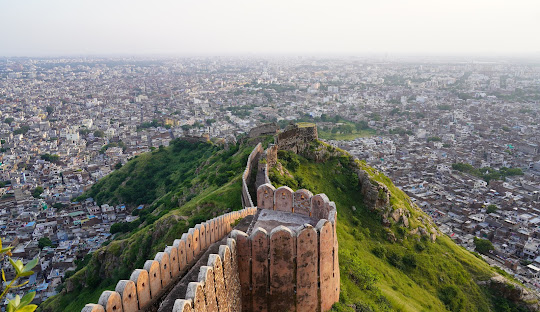
Jaipur blends its rich heritage with forward-thinking urban planning. Smart features like digital kiosks, bicycle sharing, pollution control projects, and intelligent street lighting are now functional.
Smart traffic systems and widespread CCTV surveillance improve public safety. With initiatives like digital tourism and e-governance, the Pink City is moving confidently toward a smart future.
Where heritage meets high-tech – discover what makes Jaipur truly unforgettable: Top Tourist Places to Visit in Jaipur.
Why These Cities Lead India’s Urban Revolution
These ten smart cities are leading India’s urban transformation through sustainable infrastructure, real-time governance, smart mobility, and citizen engagement. Under the Smart Cities Mission (launched on 25 June 2015), they are advancing toward clean, safe, and digitally empowered urban living.
Benefits of Smart Cities for Tourism and Youth
For Tourists
Who doesn’t love to travel—especially when the destination is equipped with cutting-edge infrastructure? Tourists enjoy memorable experiences with features like digital signboards, e-guide apps, smart tourist maps, and secure transport. Heritage sites and museums often use AR/VR to enhance visitor engagement. Smart street lighting and clean surroundings also create a positive impression.
For Youth
Smart cities open new doors for the younger generation. Today’s youth seek high-speed internet, tech-friendly lifestyles, startup support centers, and incubation hubs-all of which are abundant in smart cities. Additionally, smart education systems, online learning platforms, and e-libraries help with career growth. Cleanliness, safety, and smart public transport further make these cities ideal for young professionals.
Frequently Asked Questions (FAQs)
-
What is a smart city?
A smart city uses digital technology, data, and infrastructure to improve the quality of life, enhance public services, reduce waste, and ensure sustainable urban growth.
-
Which was the first smart city in India?
Bhubaneswar was the top-ranked city in the first list of the Smart Cities Mission announced in 2016.
-
What are the main features of a smart city?
Key features include smart governance, intelligent transport systems, clean energy, waste management, e-governance, Wi-Fi connectivity, and citizen engagement.
-
How do smart cities benefit the common citizen?
Citizens enjoy better traffic management, public safety, efficient services, access to government schemes, and overall improved urban living.
-
Do smart cities help in job creation?
Yes. With startups, IT parks, smart infrastructure projects, and digital services, smart cities promote entrepreneurship and generate employment.

